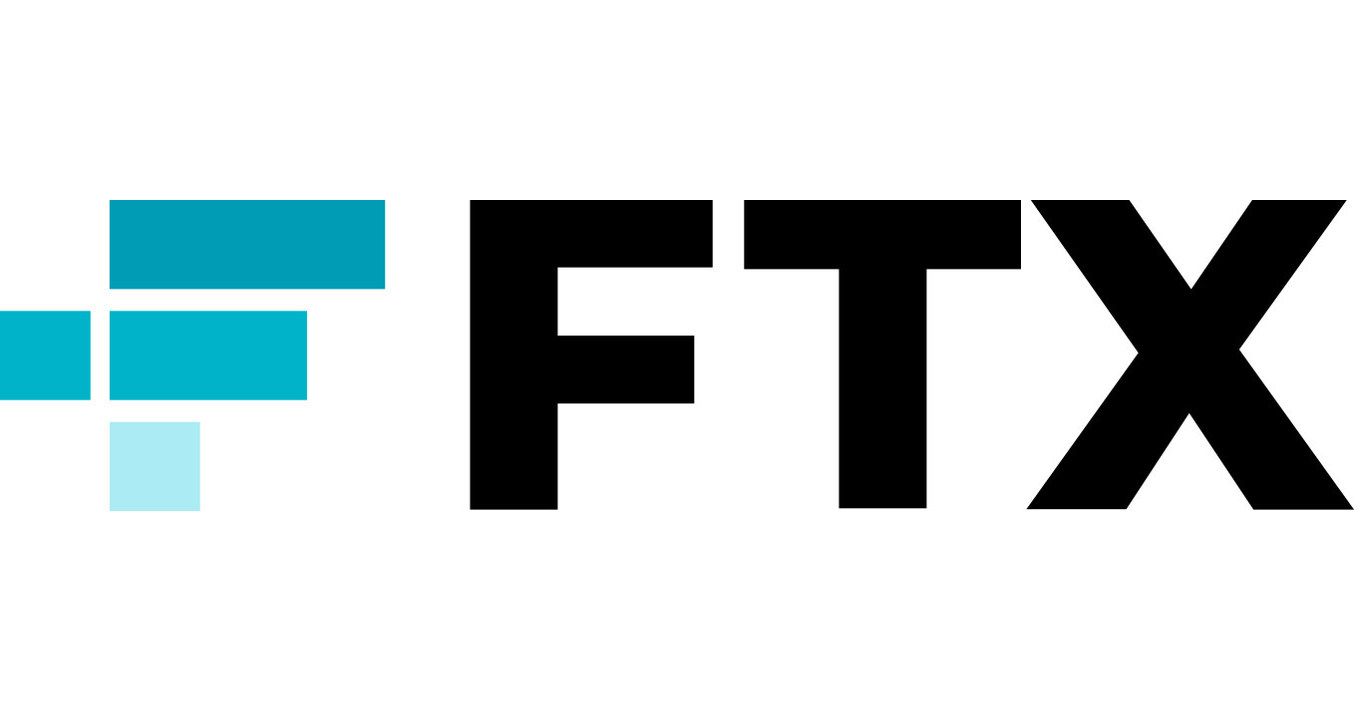
In a significant development for the cryptocurrency industry, the Australian financial services regulator has taken action against FTX Australia, the local subsidiary of the bankrupt crypto exchange. On July 19, the Australian Securities and Investments Commission (ASIC) announced the cancellation of FTX Australia’s financial license, effective from July 14. This decision comes after FTX Australia’s Australian Financial Services (AFS) license was suspended by ASIC in November, following the parent company FTX’s filing for bankruptcy. This article explores the implications of the license cancellation and its impact on FTX Australia and its clients.
Cryptocurrencies have gained significant popularity in recent years, attracting both investors and traders from around the world. However, the unregulated nature of the industry has raised concerns among financial authorities. FTX Australia’s license cancellation by ASIC is a notable development that highlights the regulatory challenges faced by cryptocurrency exchanges.
Background of FTX Australia
FTX Australia, a subsidiary of the global crypto exchange FTX, catered to approximately 30,000 retail clients and served 132 local companies. The exchange held an Australian Financial Services (AFS) license, allowing it to provide financial services such as creating derivatives and foreign exchange contracts for its clients.
ASIC’s License Cancellation
In November, ASIC suspended FTX Australia’s AFS license shortly after FTX filed for bankruptcy. The regulator’s decision to cancel the license altogether on July 14 is a significant step towards addressing the financial risks associated with FTX Australia’s operations. With the license cancellation, FTX Australia’s ability to provide financial services in the country is revoked.
Implications for FTX Australia
The cancellation of FTX Australia’s license has far-reaching implications for the exchange and its clients. Without a valid license, FTX Australia can no longer engage in financial activities regulated by ASIC. This move aims to protect investors and ensure compliance with financial regulations.
Client Compensation Arrangements
Although FTX Australia’s license has been cancelled, the exchange is required to make arrangements to compensate its clients until July 12 next year. This directive aims to safeguard the interests of individuals and companies who have entrusted their assets to FTX Australia. The compensation process will help mitigate potential losses suffered by clients due to the exchange’s closure.
FTX’s Bankruptcy and Restructuring Efforts
FTX’s bankruptcy filing in November prompted the appointment of voluntary administrators from KordaMentha, an investment and advisory firm based in Sydney. The administrators were tasked with assisting in the restructuring of FTX Australia and its subsidiary, FTX Express. In a recent report submitted to a U.S. bankruptcy court, the restructuring chief for FTX’s global entity revealed that approximately $7 billion in liquid assets had been recovered. However, an estimated $8.7 billion worth of customer assets were allegedly misappropriated.
Future Prospects for FTX
Despite the challenging circumstances faced by FTX, there are indications that the exchange may relaunch as an entirely new platform. FTX’s restructuring team has been engaging in discussions with potential parties interested in financially backing this reboot. If successful, FTX’s reemergence could present a fresh opportunity for the exchange to rebuild and regain the trust of the crypto community.
Conclusion
The cancellation of FTX Australia’s financial license by ASIC marks a significant development in the crypto industry. This action reinforces the need for regulatory oversight and protection of investors’ interests. While the license cancellation has immediate implications for FTX Australia and its clients, it also presents an opportunity for the exchange to reassess its operations and potentially emerge stronger in the future.
9. FAQs
Q1. What is FTX Australia? FTX Australia is the local subsidiary of the global crypto exchange FTX.
Q2. Why did ASIC cancel FTX Australia’s license? ASIC cancelled FTX Australia’s license due to regulatory concerns and the bankruptcy of the parent company, FTX.
Q3. How many clients did FTX Australia serve? FTX Australia had approximately 30,000 retail clients and serviced 132 local companies.
Q4. Will FTX Australia compensate its clients? Yes, FTX Australia is obligated to make arrangements for compensating its clients until July 12 next year.
Q5. Is there a possibility of FTX relaunching in the future? Yes, there are discussions underway regarding the potential relaunch of FTX as an entirely new exchange.